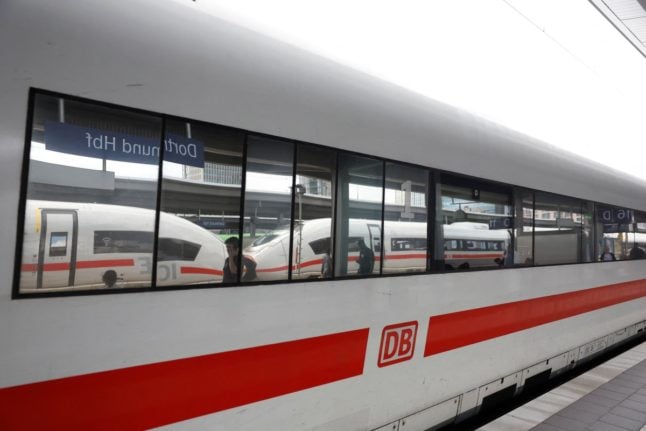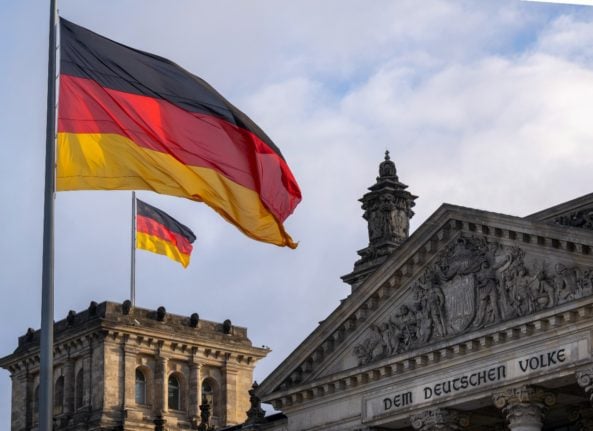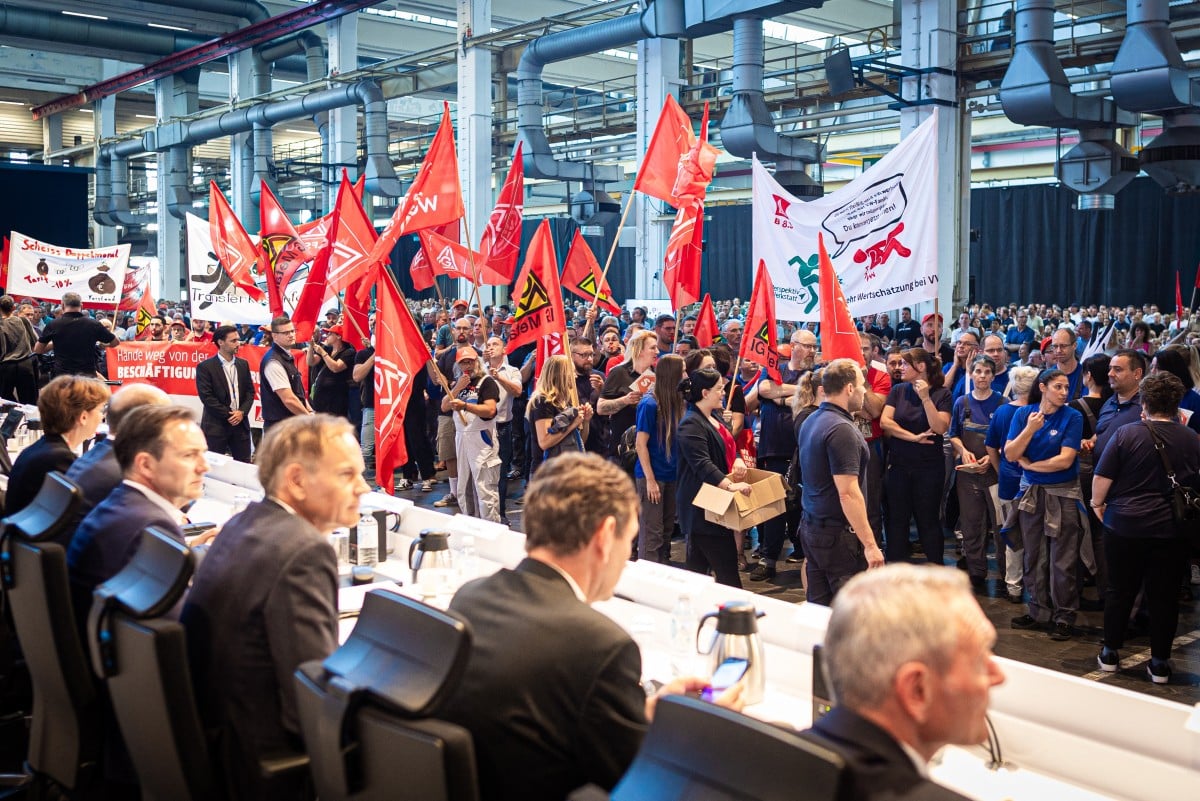The state-owned German group, which has faced mounting criticism due to frequent train breakdowns and poor punctuality, said the deal would provide fresh investments into Europe’s biggest economy and help pay down its monster debts.
DSV chief executive Jens Lund hailed his logistics group’s acquisition, saying it would “bring together two strong companies, creating a world-leading transport and logistics powerhouse that will benefit our employees, customers and shareholders”.
The new entity will aim to compete with other heavyweights in the sector, like DHL, UPS and FedEx. DSV, founded in 1976, said the deal was its biggest transaction to date.
The combined companies will have 147,000 employees in more than 90 countries and generate revenue of €39.3 billion. The transaction is expected to close in 2025.
Despite expectations of job cuts following the sale, DSV insisted Germany will remain a “key market” for the company and it will retain Schenker’s offices in Essen, western Germany.
‘Important step’
Deutsche Bahn launched the sale of Schenker, its most profitable subsidiary, at the end of 2023, seeking funds to pay down a 30-billion-euro debt and plough desperately needed investments into Germany’s ageing railways.
Deutsche Bahn CEO Richard Lutz said that the sale was the largest transaction in the operator’s history and “provides our logistics subsidiary with clear growth prospects”.
The Danish group plans to invest one billion euros in Germany over the next three to five years, Deutsche Bahn said.
The German group said the sale will enable it to focus on its top priority – improving rail infrastructure and operations, which are also seen as key to helping Germany reach climate goals.
A transport ministry spokesman in Berlin welcomed the move, saying Deutsche Bahn needed to “focus on its core business of rail transport in Germany. The sale of Schenker is an important step in this direction”.
READ ALSO: How Germany plans to fix its crisis-hit trains
Once a symbol of German efficiency, Deutsche Bahn has been blighted by problems in recent years, with critics blaming chronic underinvestment.
Breakdowns and delayed arrivals are now commonplace on the German railways. Last year 36 percent of long-distance trains arrived six minutes or more past their scheduled arrival time, well above the European average.
The network’s woes were painfully apparent when Germany hosted the Euro 2024 football tournament in June and July, with fans complaining frequently about problems.
Its net losses soared 16-fold year-on-year in the first half of 2024, with the operator blaming extreme weather, strikes and upgrades to its network.
READ ALSO: How travelling on German trains has become a nightmare for foreigners
By reducing its vast debts, the sale of Schenker “will make a substantial contribution to the group’s financial sustainability,” Deutsche Bahn chief Lutz said.
The sale of Schenker has left its employees in Germany fearing for their jobs, with staff protesting against the move outside the subsidiary’s office this week.
DSV has promised to maintain, and even increase, staffing numbers in Germany in the long term but an initial phase of cuts looks likely.
The Danish group plans initially to cut about 1,600 to 1,900 jobs at Schenker, many of them in administration, sources close to the matter told AFP.
However even before the sale, Schenker had been planning to cut several hundred positions, the sources said.




 Please whitelist us to continue reading.
Please whitelist us to continue reading.
Member comments